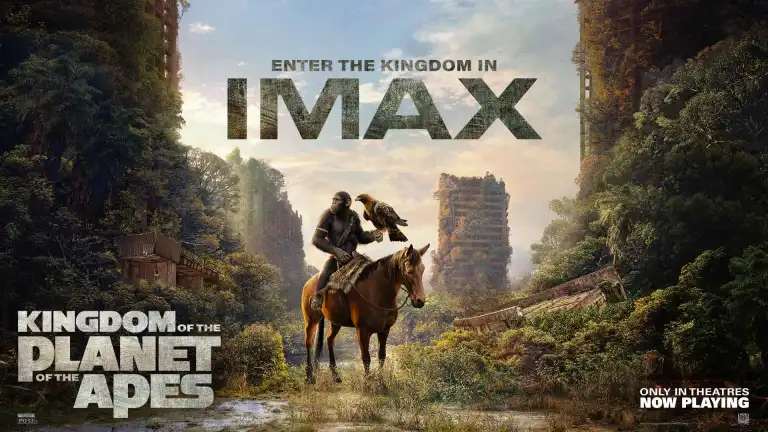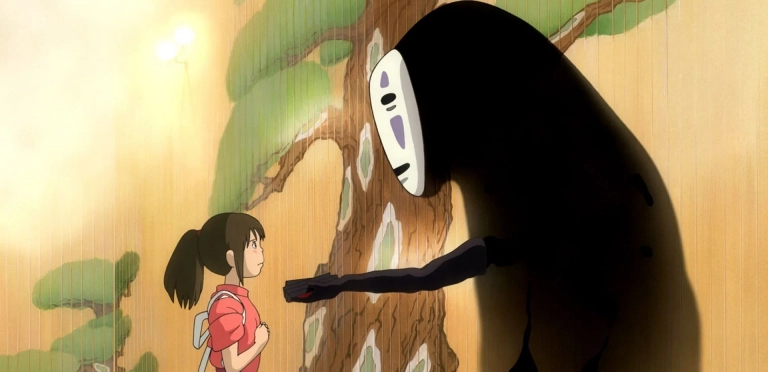Though Matt Reeves—the director behind the acclaimed Planet of the Apes trilogy—has stepped away, Kingdom of the Planet of the Apes confidently carries the torch. With a strong narrative and thoughtful worldbuilding, it proves itself a fitting continuation of the series.
Note: The following contains plot details
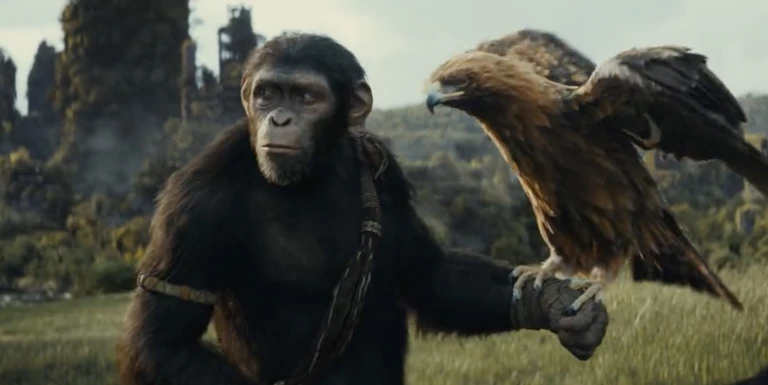
Like the previous three films, Kingdom of the Planet of the Apes is inspired by the French novel The Planet of the Apes by Pierre Boulle. Set many years after Caesar’s death, apes have splintered into tribal communities, resembling early human civilizations. While apes evolve and progress, humans are on the verge of extinction—referred to merely as “echoes” of the past.
At the heart of the story is Noa, a young ape from the Eagle Clan. After an unexpected encounter with a human girl, Mae, Noa unintentionally leads his tribe into disaster. A brutal army of apes invades, enslaving his people. Noa escapes and sets out on a journey to rescue his mother, friends, and tribe. Along the way, he meets Raka—a wise, elder ape who still holds onto Caesar’s true ideals—and together, with Mae, they face off against the powerful army of Proximus, ruler of what is essentially an ancient ape kingdom.
A Richer, Expanding World
One of the most compelling elements of Kingdom is how it expands the Apes universe. In earlier films, we saw glimpses of how power could corrupt even apes. But here, that theme goes deeper: apes wage war on each other, enslave rival tribes, and commit atrocities—ironically, all in Caesar’s name.
Proximus, the film’s antagonist, invokes Caesar like a divine figure. He weaponizes Caesar’s legacy for propaganda, even naming himself “Caesar” as Roman emperors once did. Under the banner of “For Caesar,” Proximus spreads conquest and terror—defying Caesar’s core philosophy: “Ape shall not kill ape.”
In doing so, the film mirrors real human history—how religion, power, and personal myth are used to justify war and oppression. The parallels to ancient Rome are striking: from the name Proximus, to the Roman-inspired structure of the kingdom, and especially the eagle symbol—a nod to the standard of Julius Caesar’s legions.
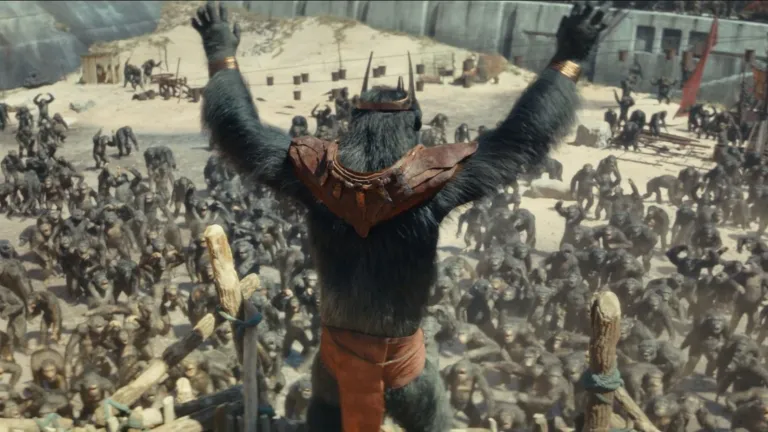
Noa, a Biblical Archetype
Noa’s name clearly evokes Noah, the biblical figure who preserved life through a great flood. Similarly, Noa’s journey is one of salvation—he saves his people from destruction, from being consumed by a rising tide of violence and tyranny.
These religious and historical allusions deepen the story’s thematic weight. The implication is clear: left unchecked, Proximus’ kingdom could become as vast and brutal as ancient Rome, heralding the end of humanity for good.
The Corruption of Power
The film masterfully portrays the apes’ moral descent. In the original trilogy, apes were noble and idealistic. But now, as they become more intelligent and organized, they also become more individualistic, ambitious, and ruthless—just like humans.
It raises a provocative idea: perhaps any species that rises to the top of the food chain, with the power to dominate, will eventually fall to the same flaws—greed, cruelty, and corruption. If deer or giraffes became sentient rulers of the earth, would they too build empires and wage war?
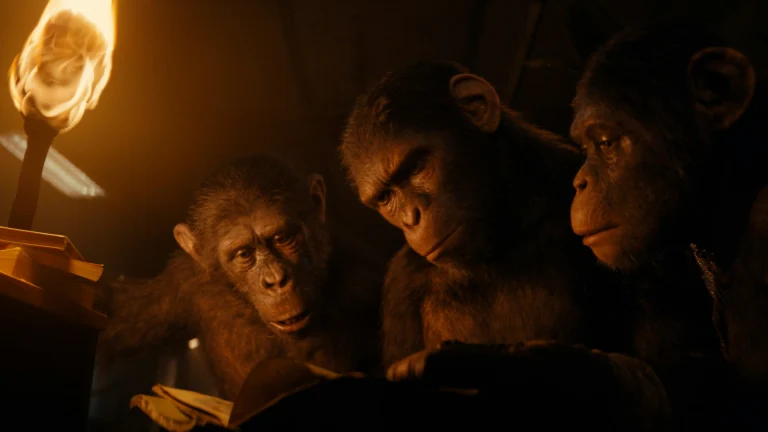
A Strong Production Despite Initial Doubts
The film’s execution exceeded expectations. Wes Ball, best known for the Maze Runner series, replaces Matt Reeves as director. Many fans were skeptical—especially after 20th Century Fox was acquired by Disney, and early trailers gave off a video-game or low-budget action vibe.
While the CGI occasionally feels a bit synthetic—resembling game graphics at times—the strong performances and meaningful story more than make up for it. Ultimately, the visual effects don’t detract from the film’s emotional impact.
Final Thoughts
Kingdom of the Planet of the Apes is a solid, well-crafted film that respectfully follows its predecessors while boldly pushing the series forward. It delves into themes of power, identity, and the cyclical nature of civilization—posing the age-old question of whether we can ever rise without eventually falling.
Rating: 7.6/10

